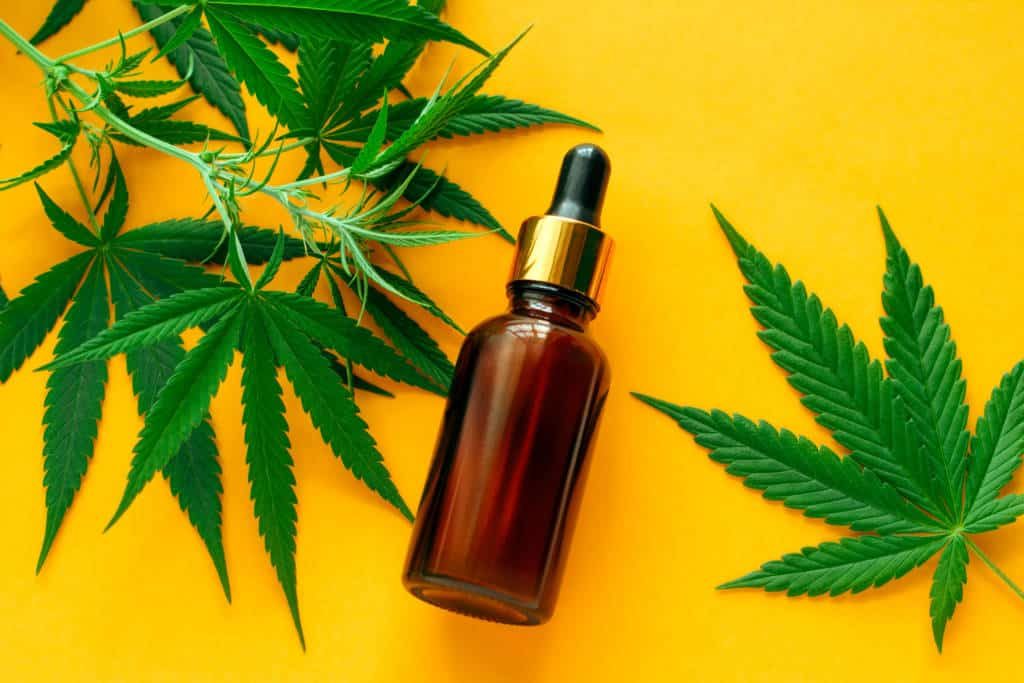The demand for and surge in CBD products that promote wellness, combined with anall-time highuse of dietary supplements in the U.S., have underscored the importance of national leaders providing greater clarity and certainty around the usage of hemp-derived CBD in dietary supplements for both consumers and those working in the hemp CBD industry. The recently introduced bill, “Hemp and Hemp-Derived CBD Consumer Protection and Market Stabilization Act of 2020,” also referred to as H.R. 8179, aims to do just that.
CBD’s popularity has been rising for five years, and due to the pandemic consumers are looking to natural alternatives, like hemp-derived CBD, to support their general health and wellness. It’s clear the hemp industry is booming and poised to impact the economy in significant ways. As such, it should be no surprise that 16leading industry associations, including the American Herbal Products Association (AHPA), Consumer Healthcare Products Association (CHPA), Council for Responsible Nutrition (CRN), United Natural Products Alliance (UNPA), and the U.S. Hemp Roundtable, have applauded Representative Kurt Schrader (D-OR) and Representative Morgan Griffith (R-VA), for introducing the bipartisan legislation, H.R. 8179. This critical bill is poised to protect public health and unleash the economic potential of the industry by providing legal clarity in the CBD product marketplace.
While countless hemp products have come to market in recent years, the country and the Food and Drug Administration (FDA) have fallen behind in providing adequate oversight and regulation of in-demand hemp products, as they have for dietary supplements and other self-care products. This has not only impacted consumer options, but also the farmers and businesses invested in the crop and even retailers and advertisers who have been fearful to feature CBD products on shelves and in ads. This new legislation would allow hemp and hemp-derived CBD to be legally marketed in dietary supplements so long as manufacturers comply with dietary ingredient requirements and other Food and Drug Act dietary supplement policies. This would provide consumers much-needed protections and assurance around the safety of the products and provide businesses the clarity needed to invest and scale.
The timing could not be more necessary for the passing of this bill, especially for hemp farmers. From January to April 2020, during the height of pandemic disruption, aggregate prices for hemp CBD biomass, crude oil and seeds havedropped between 19-46%. This is particularly devastating as hemp farmers have been deemed ineligible by the USDA for billions of dollars of Coronavirus Food Assistance Program funds.
“Due to the uncertainty around CBD regulations, we have seen the consumer interest in CBD stall out and major retailers hesitant to stock ingestible CBD products,” noted Steve Mister, President and CEO, CRN. “The anticipated market for hemp farmers has failed to materialize. The market for hemp-extracted products, both topical and ingestible, could exceed $10 billion dollars in the next year. Enacting H.R. 8179 is critical in opening the marketplace to CBD dietary supplements and protecting the health and safety of the 20 million Americans who take these products.”
Those representing the hemp and dietary supplement industries see clearly the benefits of this potential law, and strongly urge the swift passage of the Hemp and Hemp-Derived CBD Consumer Protection and Market Stabilization Act of 2020.
“From consumer, to retailer, to business owner to farmer, there is no one who would not benefit from the clarity and safety provided by the H.R. 8179,” said Ola Lessard, President of the U.S. Hemp Roundtable. “It's time we stop focusing on the potential of hemp CBD and begin realizing its benefits—both economically and individually.”
While the U.S. Hemp Roundtable and other organizations will continue to fight for the passage of this critical bill, we need the help of consumers and the industry at large. To learn more, please read the U.S. Hemp Roundtable'swhite paperon the bill, and to share your support, please visit ourVoter Voicepage.

NY Age-Restriction Law Takes Effect
April 22, 2024









